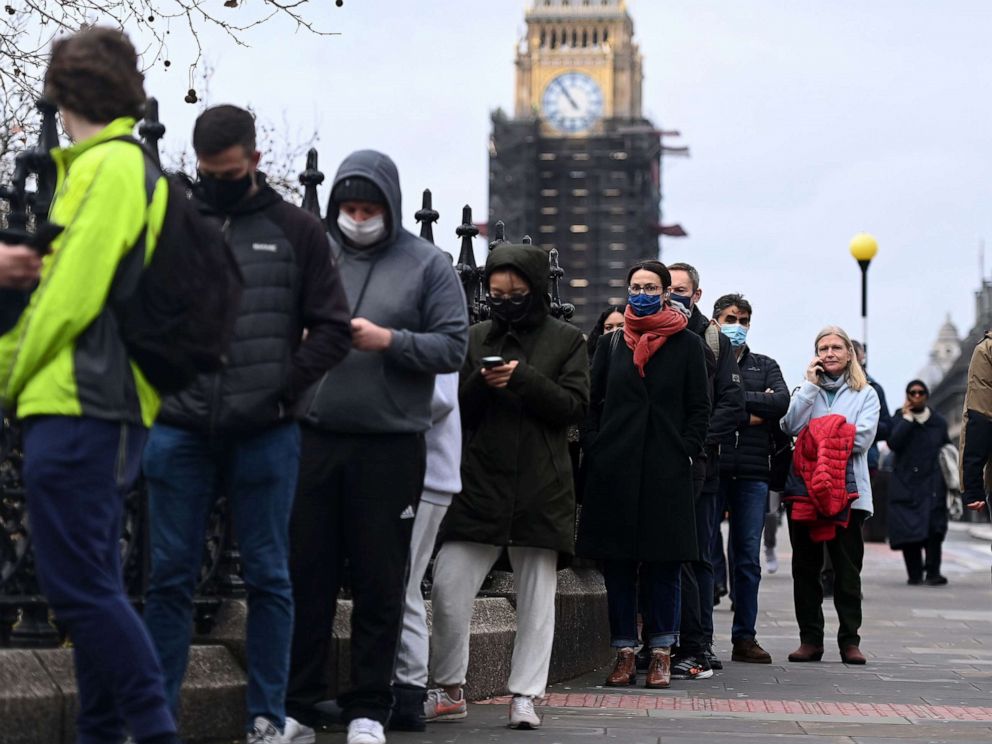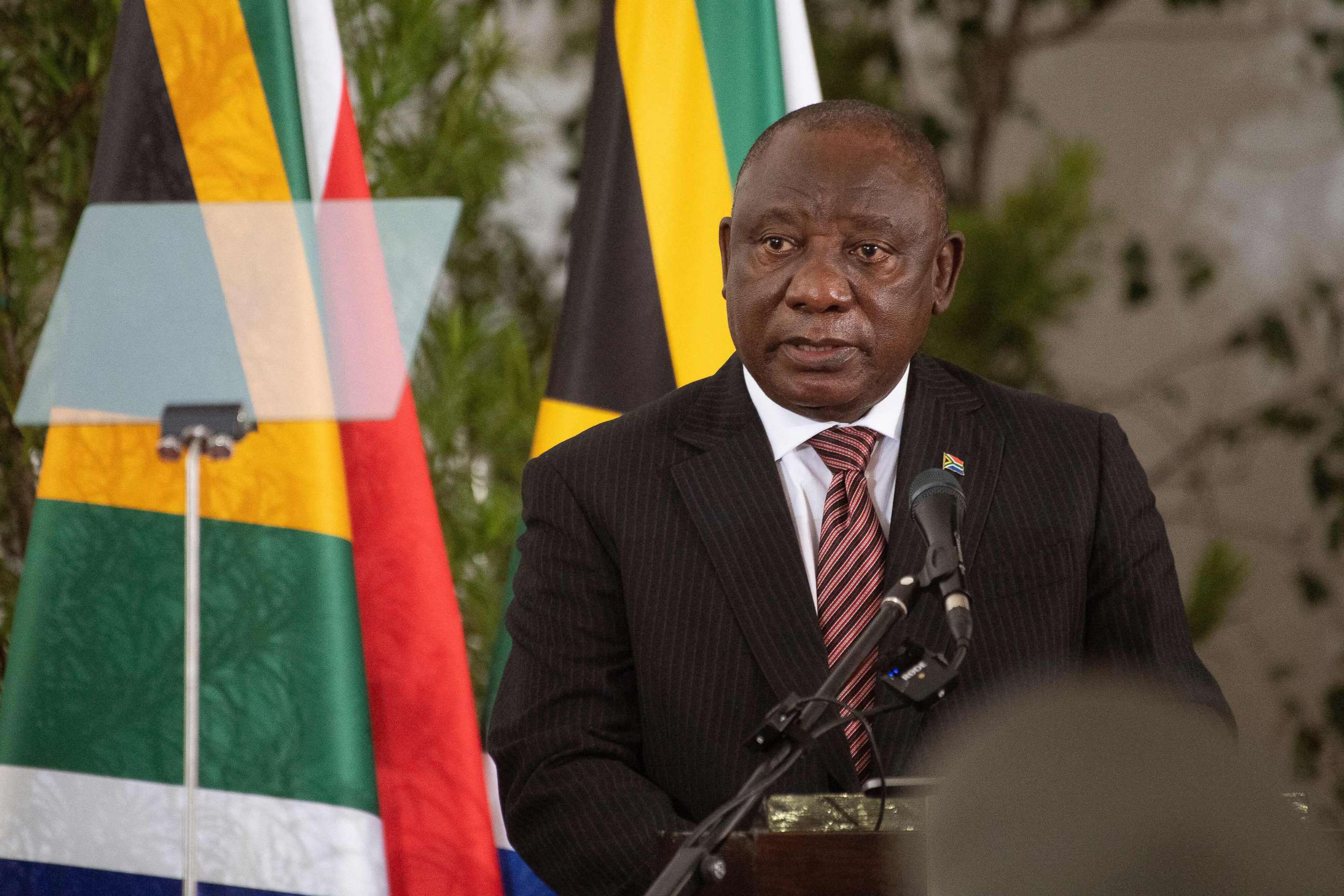Omicron appears to spread faster and vaccine less effective against it, WHO says
The omicron variant appears to have a "growth advantage" over the delta variant, the World Health Organization said in a technical brief released Sunday.
"It is spreading faster than the delta variant in South Africa where delta circulation was low, but also appears to spread more quickly than the delta variant in other countries where the incidence of delta is high, such as in the United Kingdom," the WHO said in the brief, which was dated Friday. "Whether omicron's observed rapid growth rate in countries with high levels of population immunity is related to immune evasion, intrinsic increased transmissibility, or a combination of both remains uncertain. However, given the current available data, it is likely that omicron will outpace the delta variant where community transmission occurs."
Meanwhile, preliminary findings from South Africa suggest omicron may cause less severe illness than delta, and all cases of omicron reported in Europe to date have been mild or asymptomatic. But the WHO said "it remains unclear to what extent omicron may be inherently less virulent" and that "more data are needed to understand the severity profile."

The WHO also noted that "there are limited available data, and no peer-reviewed evidence, on vaccine efficacy or effectiveness to date for omicron." However, preliminary evidence, and the considerably altered antigenic profile of the variant's spike protein, suggests a reduction in vaccine efficacy against infection and transmission associated with omicron.
"There is some preliminary evidence that the incidence of reinfection has increased in South Africa, which may be associated with humoral (antibody-mediated) immune evasion," the WHO said.
The diagnostic accuracy of routinely used polymerase chain reaction (PCR) test and antigen-based rapid diagnostic test (Ag-RDT) assays does not appear to be influenced by omicron. Therapeutic interventions for the management of severe or critical COVID-19 symptoms associated with omicron are also expected to remain effective, according to the WHO.
"However, monoclonal antibodies will need to be tested individually, for their antigen binding and virus neutralization and these studies should be prioritized," the WHO added.
-ABC News' Christine Theodorou





